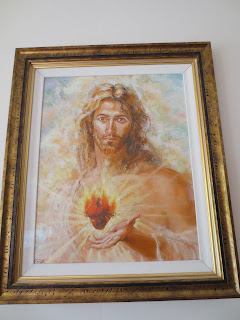I have little enough to add to my words of last year upon this date, December the 22nd, the feast of my patron and namesake, Blessed Jacopone da Todi. (If you would like to read those words, you may find them here.)
Although there is so much I might reflect upon from the greatness of this man I know best through his poetry, now does not seem the time. Therefore I shall simply share with you a poem I wrote in the spring of 2012 as I sat beside his tomb in the peaceful stillness—a poem that is also a prayer.
Although there is so much I might reflect upon from the greatness of this man I know best through his poetry, now does not seem the time. Therefore I shall simply share with you a poem I wrote in the spring of 2012 as I sat beside his tomb in the peaceful stillness—a poem that is also a prayer.
 |
| The tomb of Blessed Jacopone da Todi |
To Blessed Jacopone at his tomb
To pray and go—should be enough;
Yet still I linger here and wait
For what I do not know. Perhaps
I hope some miracle will appear—
Some sign of grace to take my heart
And convert it to His love.
Pray for me—that is enough
To ask. Pray for me that I may bow
My will to His and serve not myself
But Him alone in those I meet—
Through His power then may my heart
Witness to the world of His love.
O Blessed Jacopone, is this enough?
To lay my prayers before thy tomb,
That what I cannot do alone I may yet
Accomplish through thy prayers for me,
For His grace poured out upon my heart
To convert all to His love.











